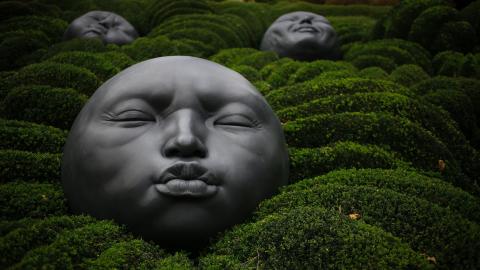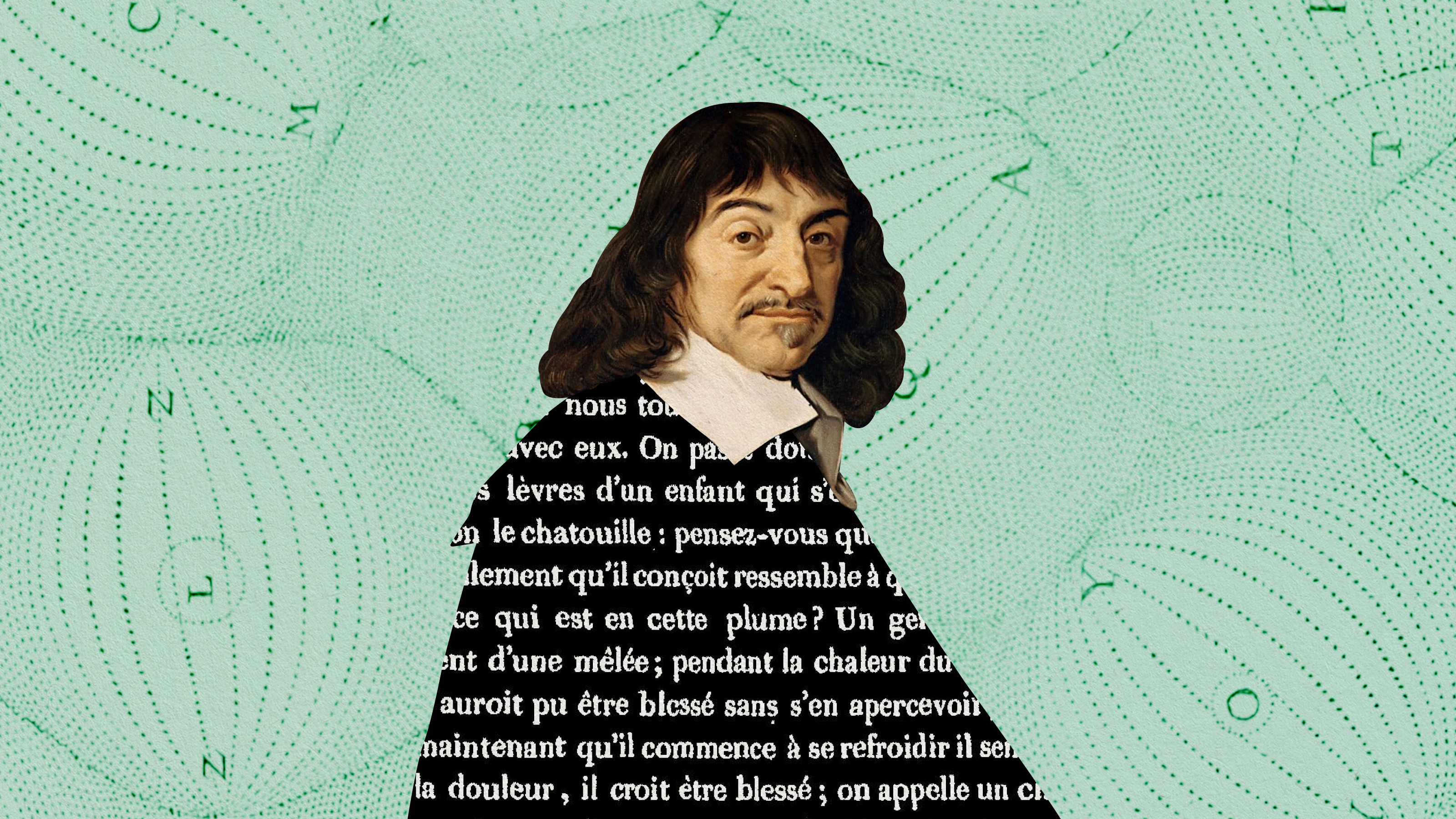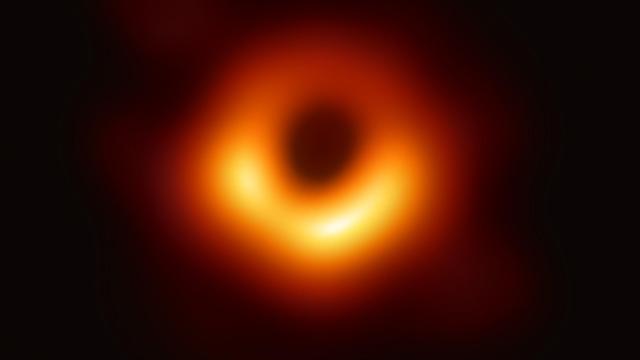- Thomas More’s Utopia presents an ideal society without money, property, violence, or inequality. It is science fiction, philosophy, and a political thought experiment rolled into one.
- Many commentators today believe More’s work is also a satire. His vision has dark and macabre undertones, and the idealism is so exaggerated as to be laughable.
- Utopian thinking comes from many political directions, and this is a good thing — it is the impetus that pushes society forward.
What would the perfect society look like to you? Try, if you can, to put aside how things are or what you think “has to be” the case, and just imagine your best possible world. What would the people be like? What jobs would people do? Who would get paid the most or live in the best houses? Would there even be money? Would there be any crime? Why not?
Sometimes a bit of utopian thinking is vitally important, and the very word (if not the idea) goes back to the 16th century intellectual, Thomas More.
The land of milk and honey
More’s Utopia introduces a narrator who meets a traveller from the island of “Utopia.” This Utopian tells us about a perfect society, free from any inequality and violence. It is a place with no private property or unequal distribution of goods between the various segments of society. It is a place where jobs are divided fairly among the populace. It is a confederated city-state where violence is abhorred and is the worst of taboos and where “all men zealously pursue the good of the public.”
In Utopia, precious metals have lost their luster. This is done by deliberate negative association — the condemned are made to wear gold coronets or earrings as a shaming ritual. Toilets and tables are made of gold, making them so commonplace that no one would desire them to the point of harming another to attain them. Iron is much the more valued metal because it has a practical and useful role to play. Why would anyone want gaudy stones or overly malleable metals? Wealth is, instead, measured in “cheerfulness, peace of mind, and freedom from anxiety.”
Yet, there is a sinister aspect to this egalitarianism. If someone tries to leave the country, they are first imprisoned. If they try it again, they are turned into slaves. All the streets are identical, and after ten years, everyone has to swap houses by lot. All doors are open, and anyone can come and go as they please. Nothing is yours and nothing is mine.
There’s No-Place like Utopia
Ask two scholars why More wrote Utopia, and you will get two different answers.
By one interpretation, it is subversive and revolutionary. In a post-Marx world, it is impossible to read Utopia without seeing the parallels to communism. Marx himself did occasionally make reference to More in a historical context but not to the ideas in Utopia. Engels and Marx regarded their work as a kind of socioeconomic science and would hate to have been labelled as “utopian.” They viewed such “utopian socialists” as selling only “castles in the air” that could never help the proletariat.
While More’s Utopia would not be revolutionary in a Marxist sense, it would have been hugely contentious in its day. At the time More was writing — in a world of absolute monarchs, feudal peasants, and religious extremism — the ideas of egalitarianism and religious freedom were dangerously controversial.
In another interpretation, some see Utopia as being mocking and satirical. It could be that Utopia is so extreme at times as to become an absurdity or a parody. The Utopian world is portrayed as overbearing and invasive, and, in some respects, at odds with human nature. It could be that More was really saying, “Look at these crazy ideas — they’re nonsense!”
This interpretation looks more likely when we realize that Utopia literally means “no-place,” the traveller’s name (Hythloday) means “nonsense,” and the capital (Amaurot) means “City of No Inhabitants.”
Utopian thinking: not just for dreamers
But even this interpretation does not quite fit. Utopia is a provocation. It is an open question to us, the reader, about how society should be ordered. It inverts everything we assume and asks how things could be different. (And everything really could be different.) It is a thought experiment that throws much at the wall, and we are left to see what sticks.
Today, we live with the idea of utopianism, and we all have our own versions of Utopia. Is it one of science fiction, with humans living in distant galaxies? Is it one of nanotech and advanced AI? Is it one of a return to nature and respect for the environment? Is it communistic or anarchic? Is it the nostalgic golden age of the conservative or the quixotic idealism of a college sophomore? There are as many Utopias as there are people, but what makes someone’s Utopia is not the point.
Utopianism is the bold and brave voice that challenges the status quo. The act of questioning brings about change. Utopianism is what dares to imagine a world that could be better. It is the forward path, lined with cynics and pessimists who ridicule the dreamers.
Perhaps the best way to view Utopia, and utopian thinking generally, is like a rainbow. The closer we move to it, the further it moves away. Although we will never reach it, its existence impels us to move forward.
Jonny Thomson teaches philosophy in Oxford. He runs a popular Instagram account called Mini Philosophy (@philosophyminis). His first book is Mini Philosophy: A Small Book of Big Ideas.






